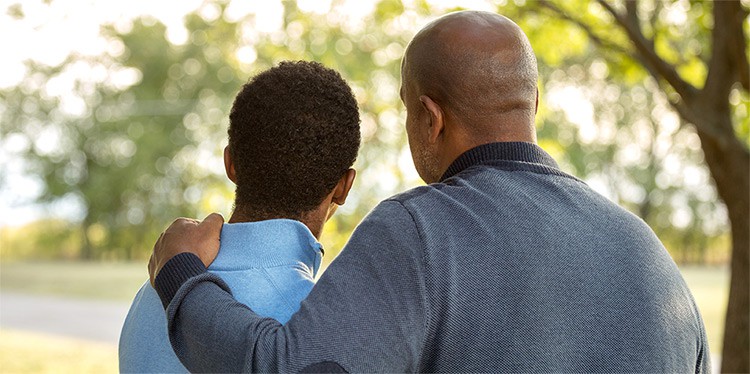How to talk to your kids about mass violence

Orlando. Las Vegas. Manhattan. A Texas church. It’s global. It’s horrific. Senseless.
This subject is a tough one to talk about with your children. It’s all over – on tv and social media. But the first thing parents must do is process their own emotions and control their own reactions. If you become frantic or lose your cool, your child may do so as well.
“Follow your child’s lead,” advises child psychologist Dr. Lidan Gu. “We don’t have to have all the answers. Kids don’t have to know all the details. Don’t over-explain. Use open-ended questions to read what your kid are wanting to know. Give facts, be a good listener and give your child emotional and verbal support.”
Very young children may not know or understand, but “they can sense distress. Thus, how parents manage their reactions can affect how children react. Children ages 3 – 6 may use their imagination to fill in gaps or try to understand what is happening so it’s important to find out what they think they know and correct misperception as needed.” If they’re old enough to ask, they are ready to have a conversation.
Elementary age children should be shielded from images, or be shown the positives of the amazing people who rushed to help. Children may feel helpless or a sense of guilt when they cannot do anything about the violence. Parents can foster a sense of hope by pointing out the heroic actions and support from people in the community or finding opportunities for children to help others.
With teens, you need to ask where they are getting their information. “Teens get their information from friends and social media, so you have to ask them what they know,” explains Dr. Gu. “Teens may look for causes and motives so it’s important to make sure their information is correct so they don’t begin profiling groups. Help them understand. Encourage emotion expression or talking about emotions.”
Parents should not be afraid to seek help if their children are extra anxious or angry, don’t want to go to school and start isolating themselves or are having a very difficult time feeling safe. Resources for parents are their pediatricians, school counselors, psychologists and pastors.
Most importantly, reassure kids that they are safe. You will keep them safe. When they go to school their teachers will keep them save. Establish normalcy. The latest senseless mass shooting was in a church, a place where you should feel safe. But parents need to go about a normal life, and if a normal Sunday meant church then by all means, go on Sunday.

Lidan Gu, PhD, LP, is a senior child psychologist at HCMC. She provides assessments, therapy and medical consultations for a broad range of conditions including adjustment disorder, anxiety, depression, behavioral difficulties, ADHD, autism spectrum disorder and issues associated with trauma, abuse, grief, adherence to medical treatments/regimen, coping with chronic medical conditions, weight management and pain management.

